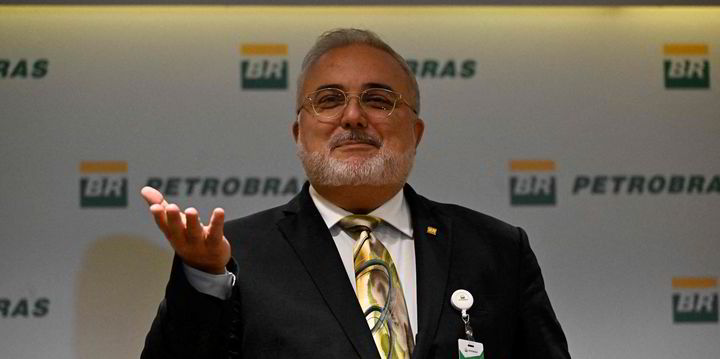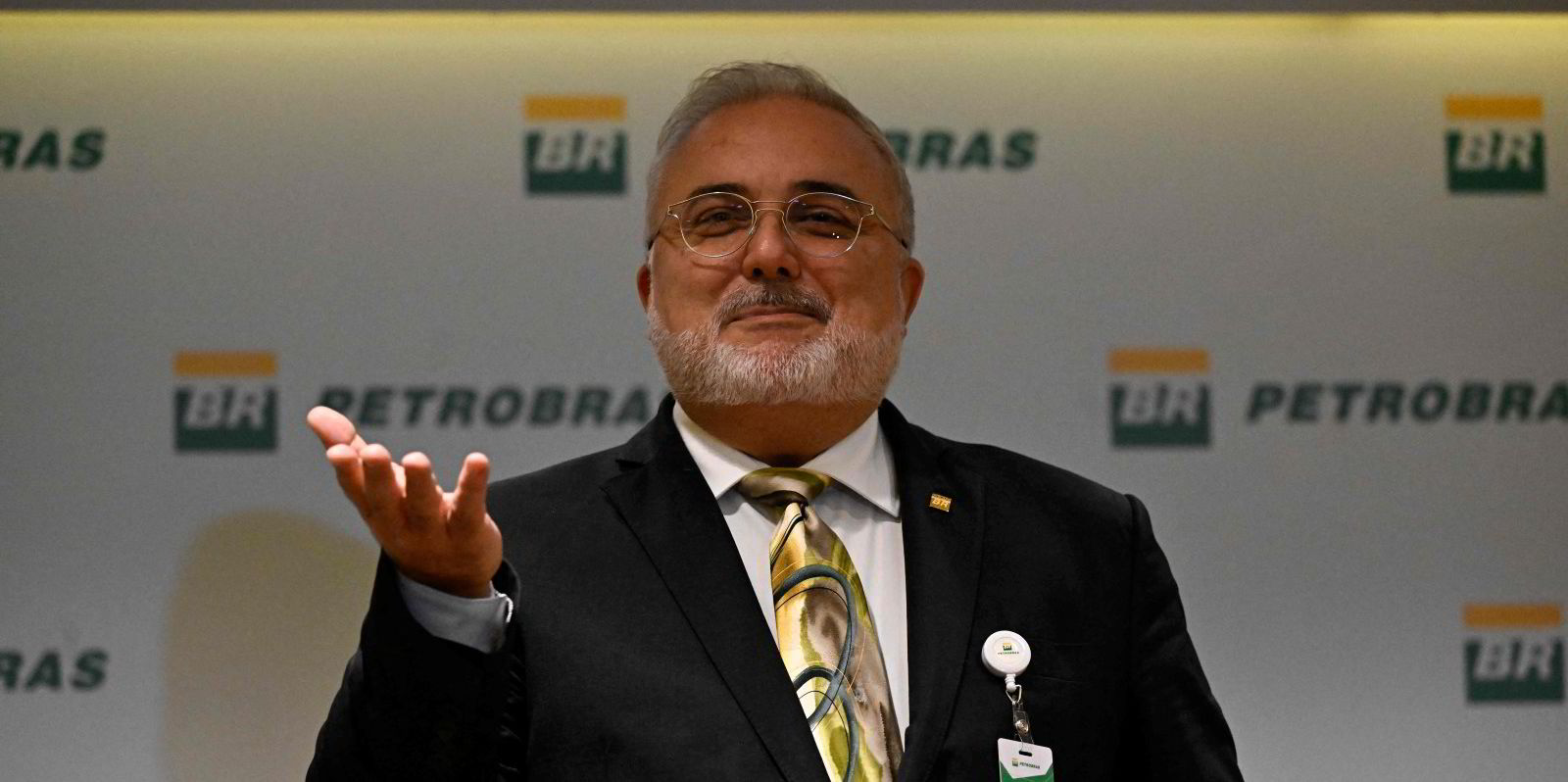Brazilian state-controlled oil company Petrobras has approved a new commercial strategy to define its diesel and gasoline prices in the domestic market, replacing the existing fuel pricing formula used by its refineries.
Brazilian President Luiz Inacio Lula da Silva from the leftist Workers’ Party (PT) promised during his campaign last year that he would look into partially decoupling Petrobras’ diesel and gasoline prices from international markets and introduce other parameters in an effort towards what he called “Brazilianising” them.
The review marks a change in the company’s long-running import parity policy (PPI), first implemented in 2016 during the administration of former president Michel Temer, which called for adjustments based on variations of international crude prices and on the exchange rate of the US dollar against the Brazilian real.
These measures helped restore investor confidence after successive PT governments had subjected Petrobras to price controls, resulting in a net debt for the company of more than $100 billion.
And just hours after announcing a shift in policy, Petrobras decided to reduce diesel and gasoline prices at its refineries by 14% each.
The new strategy was approved at a Petrobras board meeting on 15 May and referred to market references such as the customer’s “alternative cost” as the value to be prioritised in pricing and the marginal value for Petrobras.
Article continues below the advert
The customer’s alternative cost considers the main supply alternatives, whether suppliers of the same products or comparable substitutes.
The marginal value for Petrobras is based on the opportunity cost given the various alternatives for the company such as production, imports and exports of the product and/or the types of oil used in the refining process.
“With this commercial strategy, Petrobras will be more efficient and competitive, acting with more flexibility to compete in markets against its rivals,” said Petrobras chief executive Jean Paul Prates.
“We will continue to follow market benchmarks without giving up the competitive advantages of being a company with great production capacity and a distribution and transport structure throughout the country.”
The announcement ends the mandatory PPI mechanism, and will be based on competitive prices per sales hub, making them more flexible rather than abandoning links with international prices.
The adjustments in diesel and gasoline prices will continue to be made at any time, but from now on they will be made to avoid transferring to domestic prices the cyclical volatility of international crude prices and exchange rate variations.
Petrobras said the new strategy will allow the company to compete more efficiently by optimising its refining assets, while boosting profitability.
“With the change, Petrobras has more flexibility to charge competitive prices, taking advantage of its better production and logistics conditions, while competing in the market with other players that commercialise fuels in Brazil such as distributors and importers,” the company stated.
Petrobras also said the new policy maintains a price level that ensures investments foreseen in the company’s five-year strategic plan.
The market reacted positively to the news, with Petrobras’ shares up nearly 5% in early trading on the Sao Paulo stock exchange.

